DPRK's nuclear test condemned for cranking up tensions
Updated: 2016-09-12 03:45
By Mo Jingxi(China Daily)
|
||||||||
China has expressed strong opposition to the Democratic People's Republic of Korea's latest nuclear test, saying the event has increased tensions and is not conducive to peace and stability on the Korean Peninsula.
"China urges the DPRK not to take any more action that could exacerbate tensions, and to return to the correct path of denuclearization as soon as possible," Vice-Minister of Foreign Affairs Zhang Yesui told Ji Jae-ryong, the DPRK's ambassador to China Saturday.
In the meeting, Zhang reaffirmed China's position on the peninsula, which is to realize denuclearization, maintain regional peace and stability, and resolve problems through dialogue and consultation.
Pyongyang's development and testing of nuclear weapons goes against the expectations of the international community, intensifies tensions and is not conducive to peace and stability, Zhang said.
The DPRK conducted its fifth and biggest nuclear test on Friday to measure the power of its nuclear warhead, the explosive yield of which was estimated at about 10 kilotons.
The Republic of Korea and Japan condemned the test, as did United States President Barack Obama, who said it posed a grave threat to regional security and international peace.
According to a statement on the White House website on Friday, Obama said the US does not, and never will, accept the DPRK as a nuclear state.
The United Nations Security Council also strongly condemned the test, saying on Saturday that it was a clear violation of repeated calls for the DPRK to halt such activity. The UN approved a series of sanctions against Pyongyang after its fourth nuclear test in January.
Su Xiaohui, a researcher of international strategy at the China Institute of International Studies, said, "China has sent a clear message that it will never accept the DPRK as a nuclear state, and it will continue to firmly push forward denuclearization of the peninsula."
Wang Junsheng, a researcher of Asia-Pacific studies at the Chinese Academy of Social Sciences, said the latest test will bring fresh tension to the region, but added that any decision should be made in the common interest.
"It requires concerted efforts from all parties to maintain peace and stability on the peninsula," he said.
- Joint ASEAN humanitarian drill 'improves mutual trust'
- DPRK's nuclear test condemned for cranking up tensions
- The world in photos: Sept 4 - 11
- Woman in iconic V-J Day kiss photo dies at 92
- Three women planning 'imminent' attacks arrested in France: minister
- China, Britain vow to deepen military exchanges, mutual trust
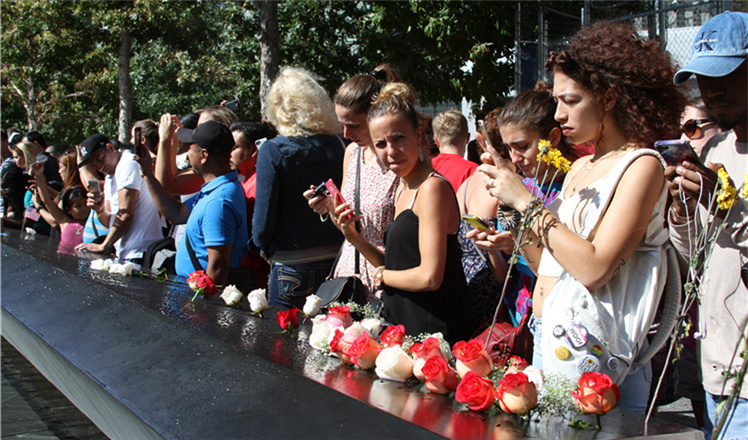
 15th anniversary of 9/11 attacks marked
15th anniversary of 9/11 attacks marked
 Yao Ming and Class of 2016 receive Hall of Fame jackets
Yao Ming and Class of 2016 receive Hall of Fame jackets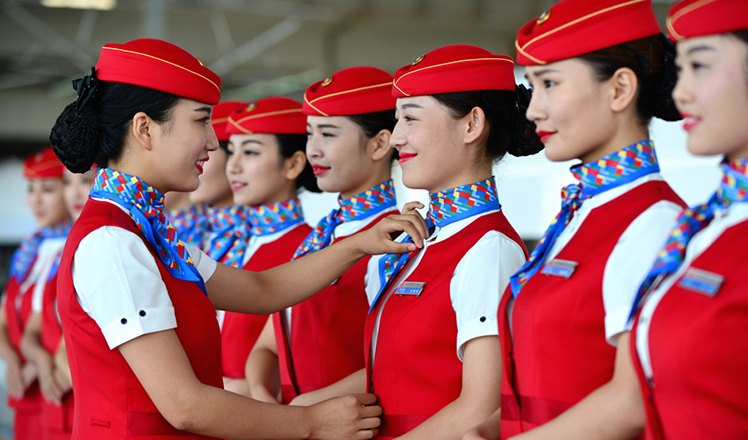
 Bullet train attendants strut new look in Xi'an
Bullet train attendants strut new look in Xi'an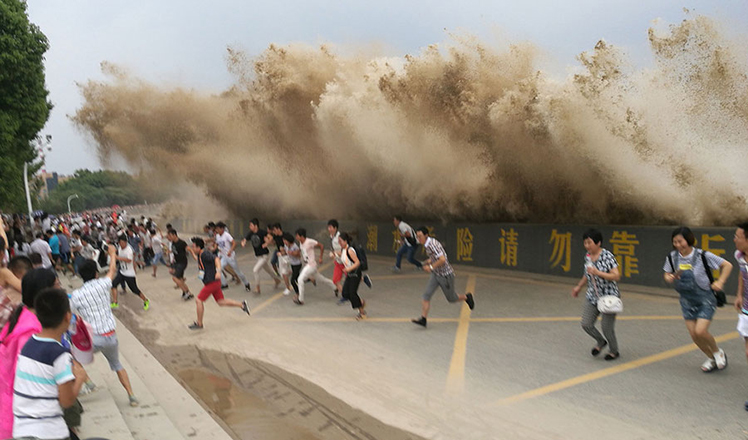
 Ten photos from around China: Sept 2 - 8
Ten photos from around China: Sept 2 - 8
 Turning mud into work of art
Turning mud into work of art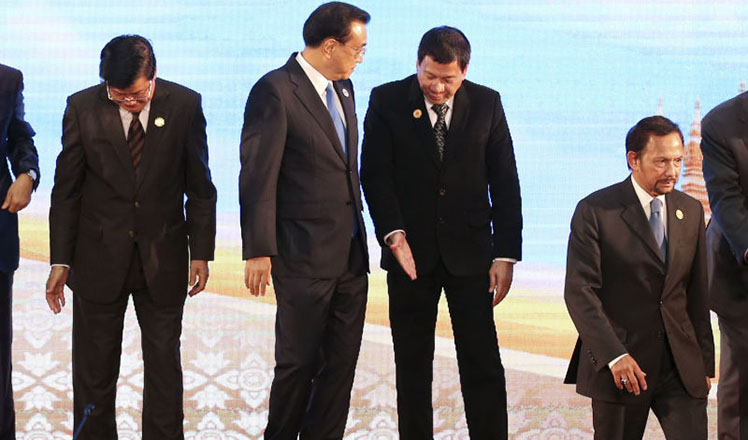
 Unforgettable moments of Premier Li at ASEAN meeting
Unforgettable moments of Premier Li at ASEAN meeting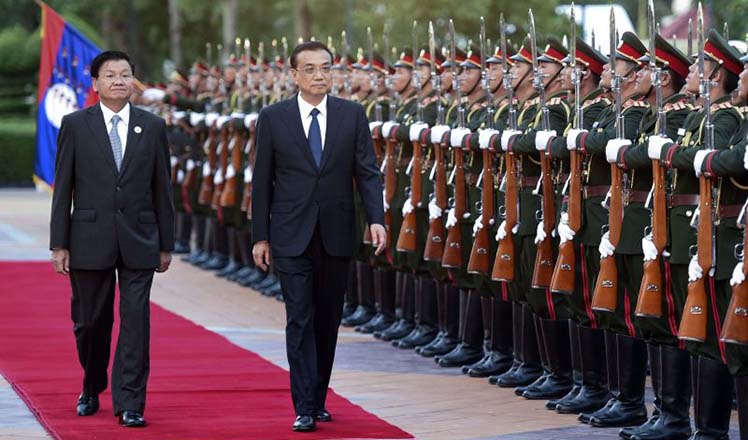
 Sights and sounds of Premier Li's visit to Laos
Sights and sounds of Premier Li's visit to Laos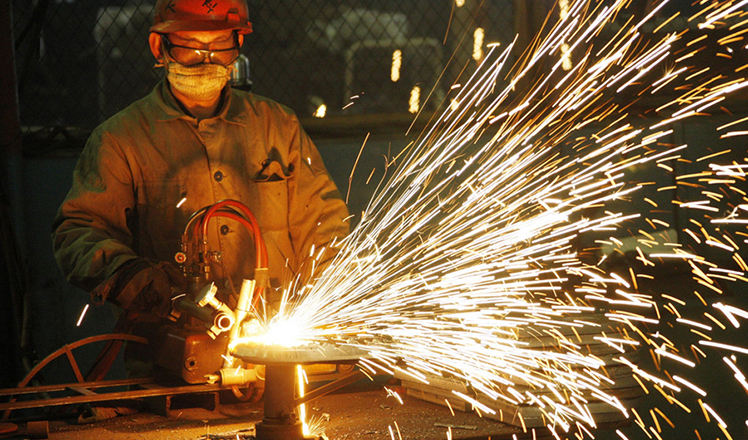
 Six policy signals China sent at G20 Summit
Six policy signals China sent at G20 Summit
Most Viewed
Editor's Picks

|

|

|

|

|

|
Today's Top News
Trump outlines anti-terror plan, proposing extreme vetting for immigrants
Phelps puts spotlight on cupping
US launches airstrikes against IS targets in Libya's Sirte
Ministry slams US-Korean THAAD deployment
Two police officers shot at protest in Dallas
Abe's blame game reveals his policies failing to get results
Ending wildlife trafficking must be policy priority in Asia
Effects of supply-side reform take time to be seen
US Weekly

|

|







